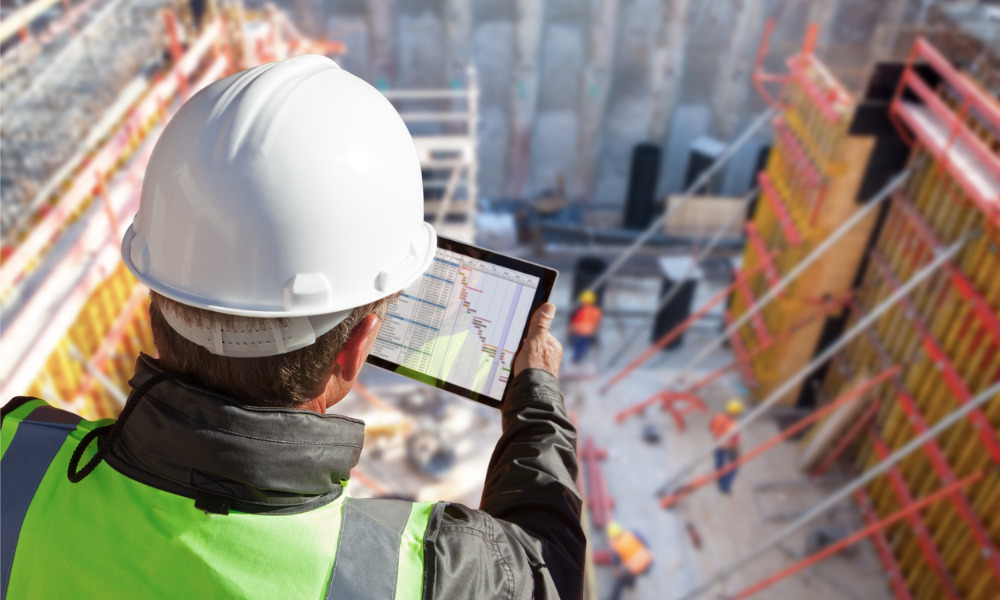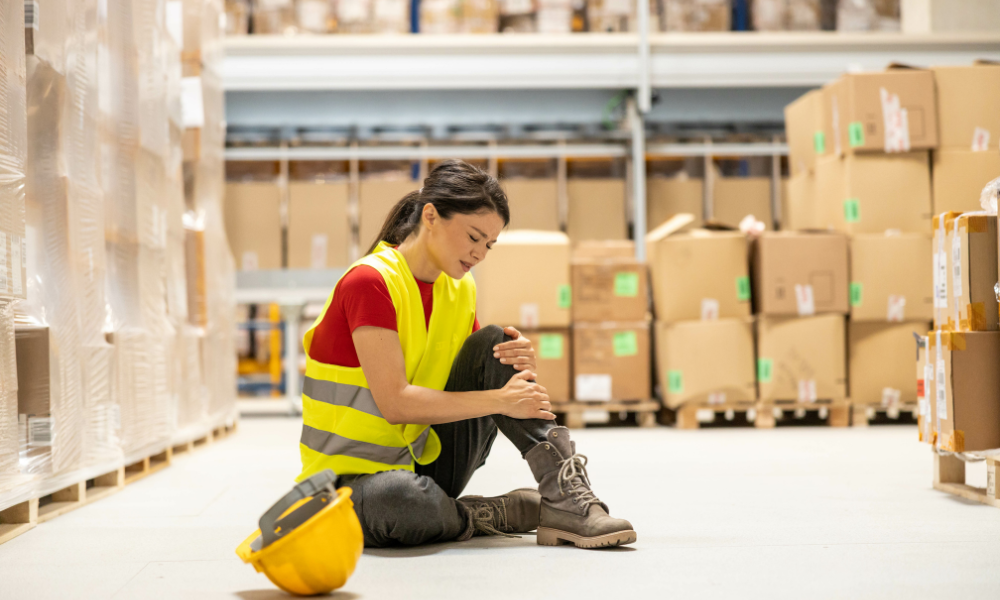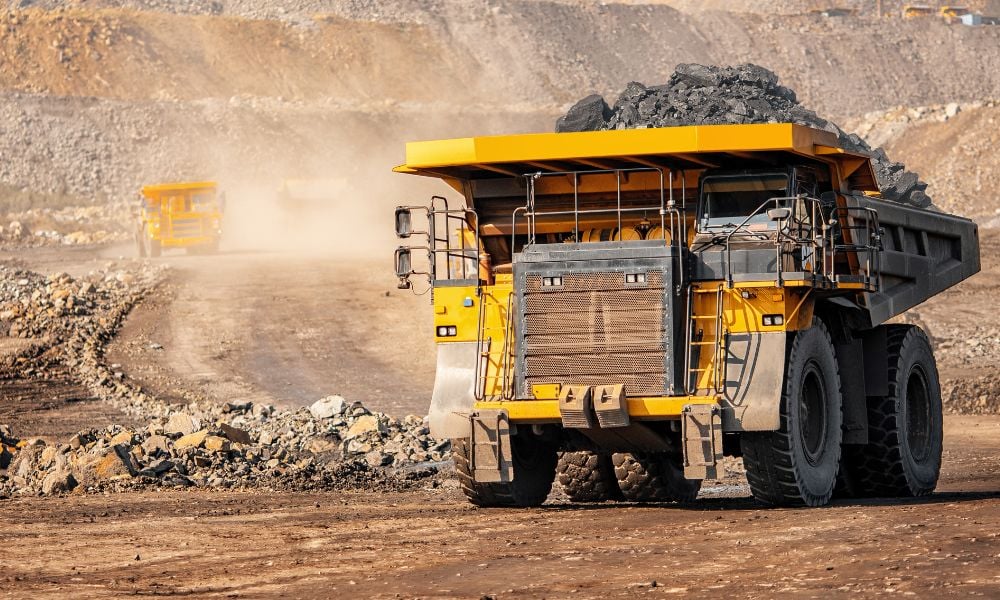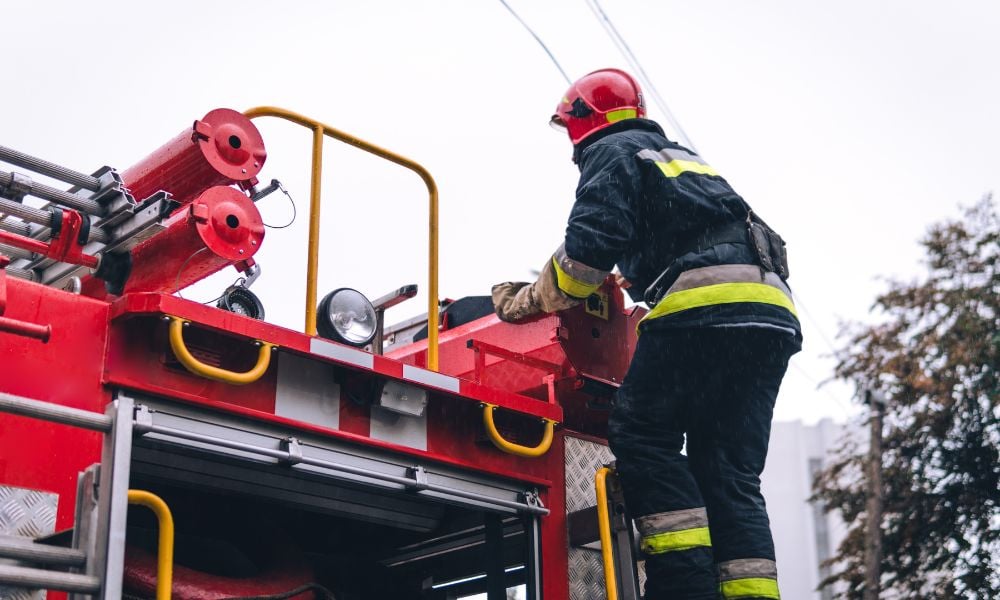How has the pandemic affected construction projects in the US?

Since March 2020, COVID-19 has caused businesses worldwide to close their doors. That’s still the reality even months later. These circumstances continue to impact the construction sector — and 78 per cent of construction sites say they’ve experienced at least some delay issues as a result.
How has the pandemic affected construction projects? From health concerns to delivery interruptions, the construction industry has gone through many hiccups. Take a look.
1. Material Shipment Issues
For construction sites that rely on materials sourced from international manufacturers, COVID-19 has introduced various headaches regarding shipping.
Take maritime trade as an example. This sector plummeted over 4 per cent worldwide in 2020. That’s a considerable concern for some construction companies.
2. Impact on Long-Term Decisions
Extensive planning goes into every construction project. However, COVID-19 has made long-term decisions nearly impossible. That’s because states continue to switch between opening and closing as case numbers fluctuate.
Changes in the economy also affect how investors make high-risk ventures, which can result in communication issues that create further delays.
3. Employee Medical Concerns
It’s extremely important for construction sites to take proper measures to keep their workers safe and healthy. There are still risks, though.
If your employees catch COVID-19, you need to ensure they take off enough time to beat the virus. An outbreak can drastically affect a construction project’s completion time. This lost productivity may lead to increased mistakes and rework that prolongs the situation even more.
4. Slow Return to Normalcy
When October and November arrived, many people figured life would return to normal. It’s now spring 2021 — and despite vaccine rollouts, circumstances have largely remained the same for businesses.
That’s a problem for construction companies, as they don’t want to invest in construction projects unless they’re sure the public can access them. Airports are a prime example of facilities that have uncertain futures at the moment.
5. Changes to Travel Restrictions
Across America, governors have decided on different travel guidelines for their states. These regulations continue to change as the pandemic evolves. These restrictions are a global issue, as nations have closed their borders to specific citizens.
If you have a construction site in another state or country, you must obtain documentation and approval to travel to and from the job site legally.
What to Consider to Improve Efficiency
Some situations are unavoidable during a global pandemic. It’s tough for construction companies to get investors to commit when there’s so much uncertainty. That said, managers can take specific actions to speed up the process.
Prioritize employee health first and foremost. The Occupational Safety and Health Administration offers specific COVID-19 guidelines to help businesses keep workers safe on the construction site. If you can ensure workers stay healthy, you’ll have the team you need to ensure work moves along as planned.
It can also be beneficial to add extra time slots when scheduling. Allot enough days to account for material delays and other hiccups that can pop up. While you can’t prepare for everything, you can do your best to overcome some sudden issues as they arise.
COVID-19 Presents Various Issues on Construction Sites
As the pandemic continues, construction companies can expect unforeseen delays for various reasons. From economic turmoil to health concerns, endless circumstances can impact how long construction projects take to complete. Fortunately, there are solutions out there to help businesses deal with future potential problems.






